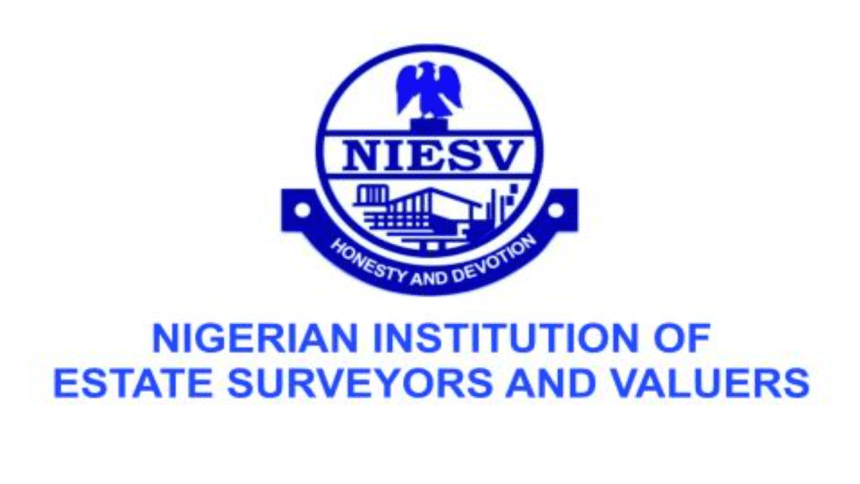The Federal Government has pinpointed several key obstacles hindering the advancement of sustainable real estate development in Nigeria, with top officials calling for urgent reforms to unlock the sector’s full potential.
Dr. Zacch Adedeji, Executive Chairman of the Federal Inland Revenue Service (FIRS), outlined the pressing issues at the 55th annual conference of the Nigerian Institution of Estate Surveyors and Valuers (NIESV) held in Abuja. Among the concerns he raised were overlapping tax regimes, insufficient property data, poor compliance, and inconsistencies in valuation practices.
Delivering a keynote on “Tax Administration and the Real Estate Sector,” Dr. Adedeji said that although real estate remains a major contributor to Nigeria’s economy, its growth is being stifled by long-standing structural and regulatory challenges.
According to him, recent data from the National Bureau of Statistics (NBS) shows the real estate sector expanded by 15.39% in nominal terms during the last quarter of 2024, contributing approximately ₦3.77 trillion—about five percent—to the nation’s GDP. The sector now ranks as Nigeria’s third-largest contributor following the recent rebasing of economic figures.

He further noted that the rising population and increasing urbanisation are expected to drive continued expansion of the market. “With Nigeria’s population projected to reach 400 million by 2050, the demand for housing, especially in urban centers, will grow exponentially,” Adedeji said.
He expressed optimism that the passage of the pending Tax Reform Bills will bring relief, as they contain specific provisions aimed at resolving long-standing tax challenges in the real estate industry.
NIESV President, Mr. Victor Alonge, also spoke during the conference, stressing that real estate holds vast potential for economic transformation not just in Nigeria but across the African continent. He called for institutional reforms to address major bottlenecks, including fragmented taxation and restricted access to financing.
He said the forum was a strategic platform to explore innovative approaches that support a robust and adaptive real estate environment capable of competing globally.
Adding to the discussion, Dr. Emmanuel Mark, the Second Vice President of NIESV, emphasized the importance of modern tax strategies and regulatory clarity in fostering industry growth. He argued that effective real estate taxation could help fund infrastructure development and improve public services, ultimately benefiting the broader population.
“Surveyors and valuers are key players in this transformation. Their expertise in valuation and compliance will be vital in supporting tax reforms and ensuring accountability. With the right policies and use of technology, the real estate sector can serve as a powerful engine for growth and national prosperity,” Mark said.



